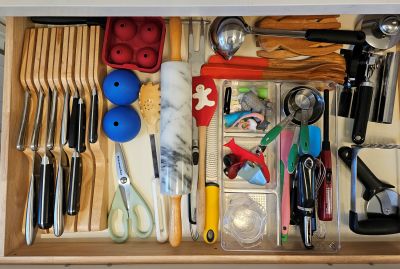We’ve all been catfished by diet culture.
I recently watched some old episodes of the MTV show Catfish which tells the story of a new person in each episode who has fallen in love with someone on the internet but they are starting to suspect that something isn’t quite right. The person who has reached out to the show wants them to investigate whether their online partner is the person they say they are and why they won’t call/video chat/meet in person. Unfortunately, more often than not, the story reveals a web of lies, confusion, heartbreak, and one person who thought they had found true love while another person deceived them and didn’t deserve their trust.
The relationships in the show Catfish and the relationships people so often develop with diets and the pursuit of a smaller body have some unfortunately common similarities.
The diet industry and the broader wellness industry perpetuate messages about health and wellness that promote the idea that if you just follow a (fill-in-the-blank fad) diet or purchase a certain supplement or product or program, you’ll make your body smaller and solve all of your problems.
Unfortunately this is not only completely false, it’s also potentially dangerous. When people follow this line of thinking and decision making they can end up experiencing many negative effects. One of the most common experiences I hear from participants’ past experiences with dieting, for example, involves being trapped in a cycle of feeling pressure to lose weight, dieting, losing weight, getting off the diet, gaining weight, and experiencing mental anguish in the form of blaming themselves for ‘failing,’ as well as feeling guilt and shame about their body and eating habits, and ultimately feeling hopeless and lost when they make decisions about their eating and health.
The relationships in the show Catfish and the relationships people so often develop with diets and the pursuit of a smaller body have some unfortunately common similarities. People often begin to restrict their diet because they believe they are pursuing a goal that supports their health or confidence and, over and over again, they are left feeling like a person who just found out they’d been catfished; disappointed, deceived, confused, and hopeless.
What’s the alternative to dieting and weight loss?
I’m a registered dietitian health coach and I work with participants very often who are stuck in this cycle and they start working with me at various stages of being ready to make a change to approach things differently. Sometimes they have arrived knowing that dieting is not the solution but not knowing what to do instead. As a health coach, I work with participants to clarify their health goals and find solutions that help them establish routines and habits which support striving for those health goals in a sustainable way. All of this adds up to an approach that’s better than dieting for a number of reasons, including that it’s individualized to a person’s needs, preferences, time constraints, and goals. Another reason health behavior change is better than dieting is the emphasis on developing skills and routines which serve participants for the long-term which helps with stay flexible and resilient in the face of challenges.
There is so much to be said about factors which perpetuate diet culture, its false promises and potential short- and long-term damage. Christy Harrison is a registered dietitian who is a fabulous resource for more information on the topic. In the paragraphs that follow I’m going to tell you about health behavior change, the evidence-based practice of lifestyle health coaching, and the work I do as a registered dietitian health coach.
Behavior Change as a Health Care Solution
Over the past 100 – 150 years there has been a major shift in health-related causes of death. In 1900, for example, more than half of deaths in the US were from viral or bacterial diseases including gastrointestinal infections, tuberculosis, influenza, or pneumonia. Today, much fewer people die from those causes and instead illnesses related to COPD, heart disease, diabetes and cancer are leading causes of death. Something these modern illnesses that contribute to early death have in common is modifiable lifestyle factors.
Whereas medical innovations of the early 1900s addressed the viruses and bacteria that caused illnesses, the solutions needed to address today’s chronic conditions involve assessing a person’s lifestyle and habits and then supporting behavior change which can be sustained long-term. These interventions must contribute to lasting improvements which decrease the risk of developing chronic illness by empowering people to be able to change their habits. This type of healthcare is more commonly referred to as health behavior change or lifestyle health coaching and is proving to have positive effects.
Translating Guidelines into Health Behavior Change
The CDC identifies four main modifiable lifestyle factors which contribute to a greater risk of adverse health outcomes: “lack of physical activity, poor nutrition, tobacco use, and excessive alcohol use.” You’re likely familiar with health and wellness guidelines you’ve heard throughout your life, and they tend not to be especially helpful on their own. These recommendations suggest “what” to do, but they lack guidance on “how” to implement changes in a helpful and sustainable way.
Health behavior change involves individualizing the actions taken related to these lifestyle factors as well as others such as stress management and improving sleep quality. Instead of presenting a set of rules or guidelines as a standard to be attained, health coaches assess the needs of participants to identify their personal goals related to health and wellness, then the coach and participant collaborate to identify possible solutions and paths for reaching those goals. Ultimately the participant is supported as they develop skills in the following areas: identifying where they can implement small changes in their routine, experimenting with doing things differently, and getting consistent with new routines so they eventually develop into new habits.
Whereas guidelines for lifestyle factors might help with establishing long-term goals, most people who want to change their habits in a way that’s sustainable will benefit from starting with small changes that they can successfully implement in the short term and include consistently in their routine before incrementally working up to the long-term goal. Effective health coaching supports this type of change and the participant’s ability to develop skills which eventually empower them to carry on the process independently.
Challenges of Behavior Change and Why it’s Worthwhile
Each person’s habits are deeply reinforced by many aspects of their thinking, life and culture. Behavior change is hard and it takes time and practice to establish new ways of doing things related to diet, exercise, stress management, sleep, and other lifestyle factors.
To highlight how automatic and ingrained habits are, imagine waking up each morning and needing to use your full attention to make decisions about pulling back the covers, placing your feet on the floor, standing and taking your first few steps of the day, and the hundreds of other actions you take in order to start your day. It would be exhausting and it wouldn’t leave much room for thinking about other things. Because you’ve taken those actions in a similar way day after day for years and years, your brain can function in more of an autopilot setting to accomplish those tasks and they have now become habits.
There are so many ways that habits serve us well, like getting through a morning routine without having to think very much, but sometimes habits interfere with goals. When that’s the case, it’s possible that changing certain habits can lead to different outcomes and contribute to progress toward health goals.
Behavior change and establishing healthy habits take time and a willingness to experiment with doing things differently. With evidence-based strategies for effectively changing habits, lots of practice, and building resilience so it’s easier to find ways to return to new routines when things don’t go as planned, it is possible to do things differently and develop a lifestyle which decreases risk of disease while also increasing quality of life.
Lifestyle improvements might be noticeable in the short-term, like alleviating and preventing digestive discomfort or experiencing less stress about eating patterns, or in the long-term, as in preserving quality of life and avoiding adverse health outcomes related to chronic conditions like diabetes or heart disease. Aside from getting more of what you do want and less of what you don’t want, you’ll also learn about your habits and how to set yourself up to make lasting changes which support your health goals. These skills will serve you well as you engage in the ongoing process of making decisions about your wellness.
Should I Work With A Registered Dietitian Health Coach?
If you’re feeling like you’ve been catfished by diet culture and you’re interested in working on developing new habits to support your health and wellness goals in a sustainable way, you might benefit from getting support through health coaching with a trained professional. By finding what works better than dieting for you, you might experience less stress and more confidence in your decision making as you find more of what helps you feel your best mentally, emotionally and physically.
READY TO GET STARTED?
Book A Free Discovery Call
Are you ready to stress less while you make progress toward your health goals with evidence-based strategies and support from a coach? Book a discovery call today and let’s see if we’re a match to work together.
image credit: Food vector created by gstudioimagen – www.freepik.com







0 Comments